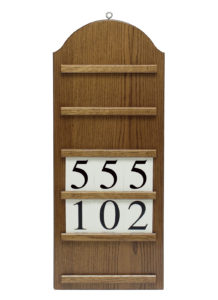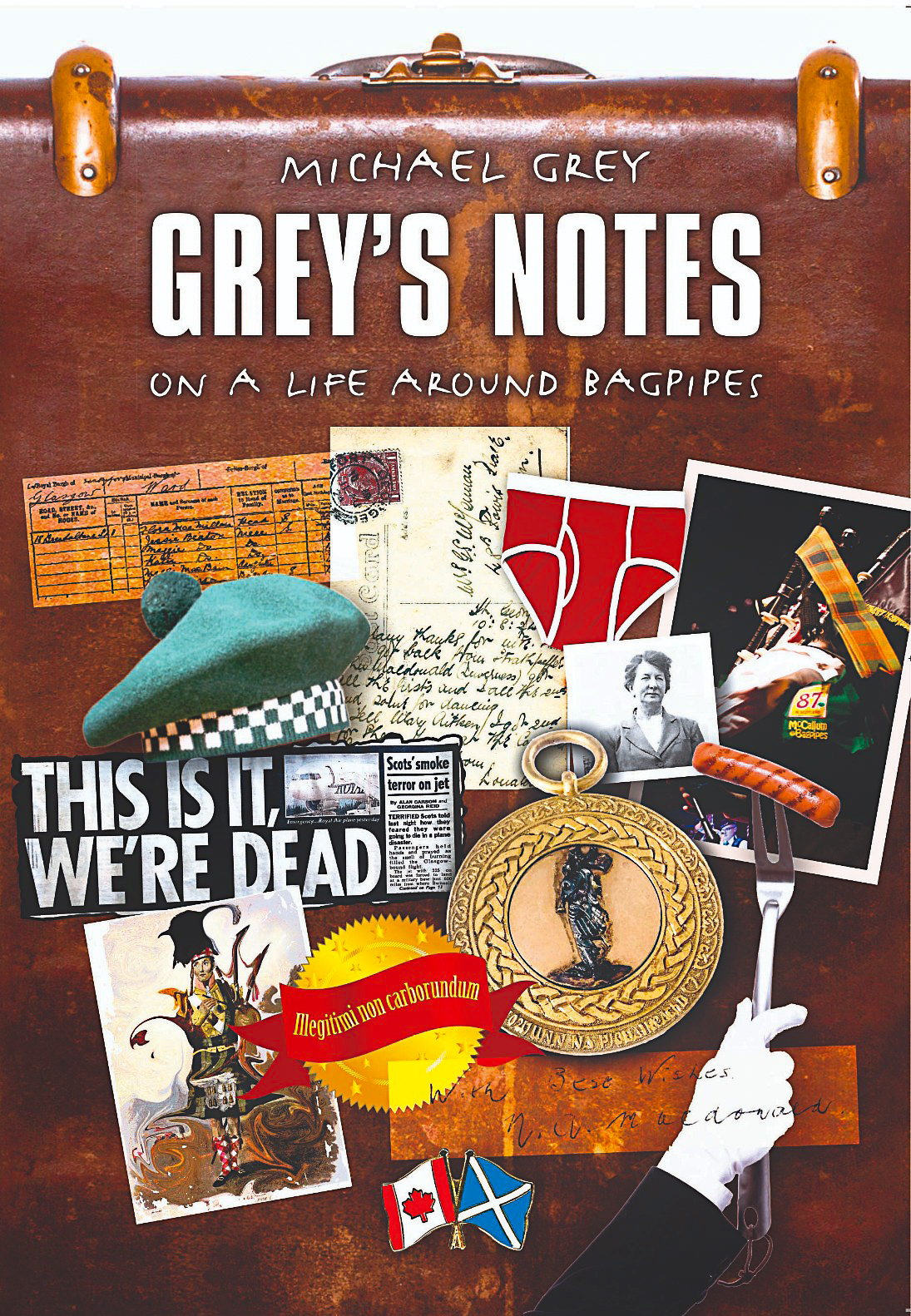The more you know the more you don’t know
October 19, 2017 on 4:43 pm by Michael Grey | In Stories, Tips | Comments Off on The more you know the more you don’t knowI’d like to think that I’ve lived long enough to have a pretty good idea of who I am. My collective experience, adventures and the winding road that has marked the path of my life have – so far – given me some understanding of the world around me. And, of course, while our paths may differ, as might our ages, I suggest you’re no different. It’s this sense of perspective, a way of seeing the world that is driven by how each of our lives are lived – and this all goes to help create a personal narrative – our “story”. How we see ourselves helps us interpret and make sense of stuff that happens to – and around us.
Dr Charles S Jacobs wrote recently in Psychology Today that “neuroscience teaches us that the brain works through narratives, which give us our perspective on the world and drives our decision-making and behavior”. We form opinions, make decisions and judgments all based on the inter-connected events that together form the story that is our life.
So, consider me in my twenties, my story, my narrative, at that time and that of the middle-aged me of today. Not to put too fine a point on it but I’d have to think the big difference between our perspectives was sureness. Think “sureness” as a euphemism for know-it-all – everyone’s favourite kind of person. It’s comforting to imagine that I wasn’t so unlike others of similar life experience. But who knows. I was sure of what I knew and I knew of what I was sure.

And then it hits you: the sinking – yet paradoxically liberating – idea: the more you know the more you don’t know. An idea most often attributed to Aristotle but one that suggests, of course, that there is wisdom in acknowledging you ain’t no Mr Know-it-all. Not just that, there is strength in the inherent vulnerability of saying, “I don’t know” or “I’ve changed my mind”.
In mainstream politics it’s the leader with the frequently changed mind who suffers most. He’s generally viewed as uncertain, a hand-wringing ditherer – or worse. The same goes for the workplace: managers who are seen to often change course and tact – and minds – are viewed as bad planners, if not weak-minded dolts. Even beyond politics and work, to change one’s mind is to acknowledge a mistake in judgement – and acknowledge weakness. Or so it seems to be generally believed.
In piping we have music and, so, art and the subjective. When we blend in the more objective competitive elements and a tradition sometimes unevenly interpreted (meaning not everyone agrees on one precise tradition) things piping become fertile ground for the advancement of the surest of minds and the firmest of intransigence.
Read the rest of the story here.
No Comments yet
Sorry, the comment form is closed at this time.
Dunaber is using WordPress customized and designed by Yoann Le Goff from A Eneb Productions.
 Entries and comments
feeds.
Valid XHTML and CSS.
Entries and comments
feeds.
Valid XHTML and CSS.


